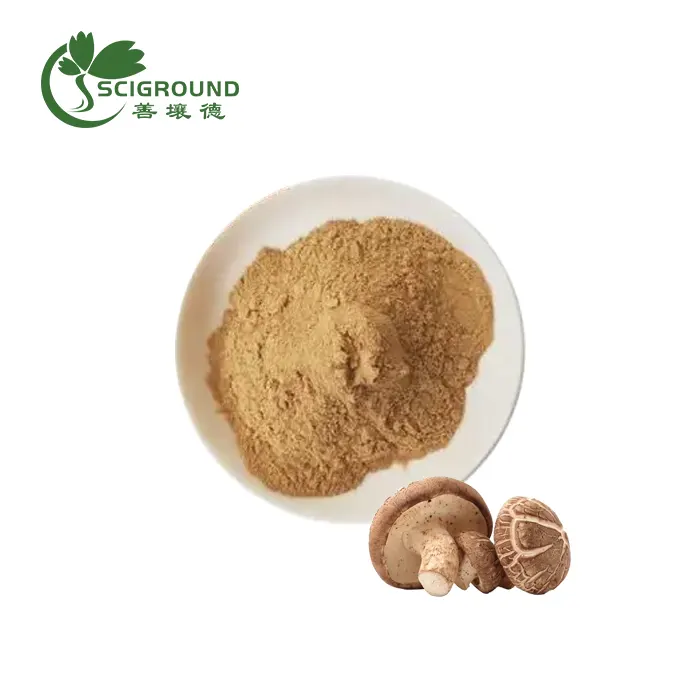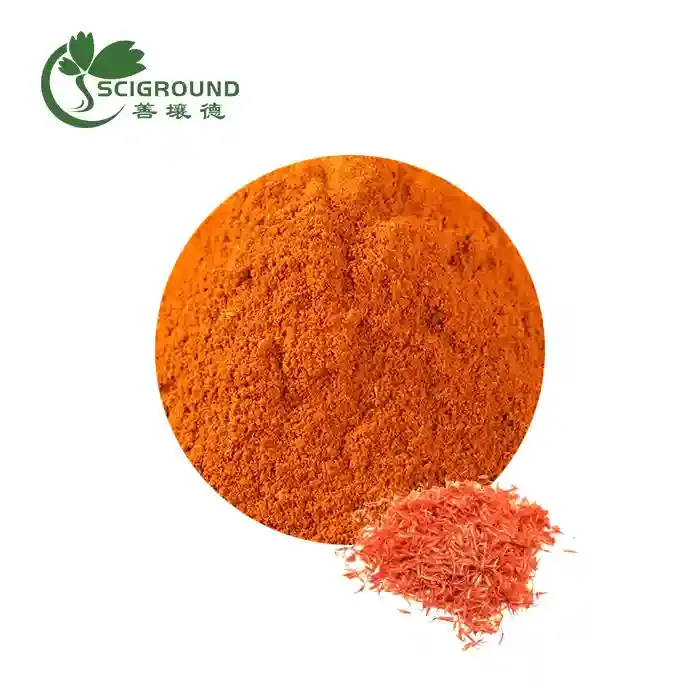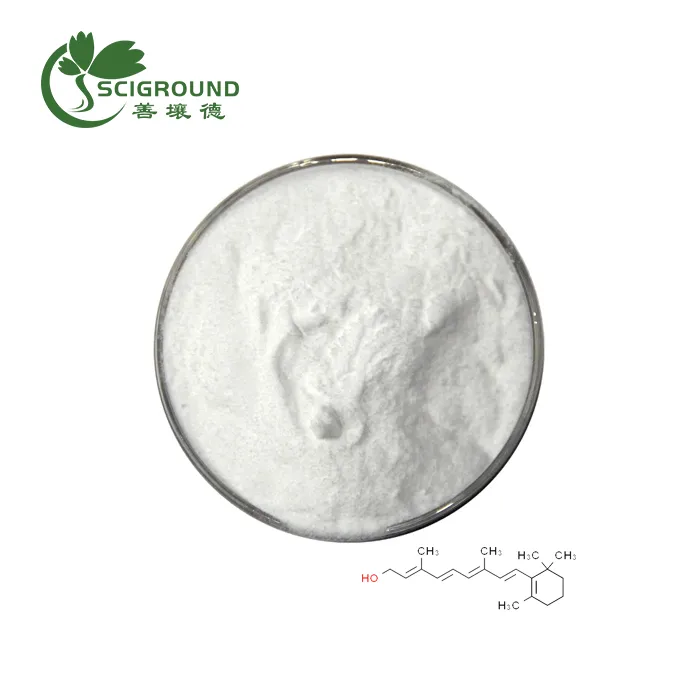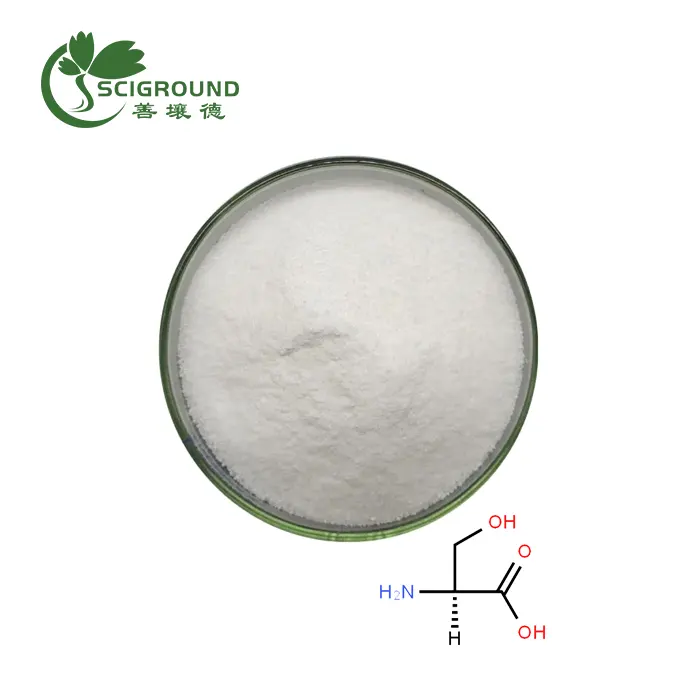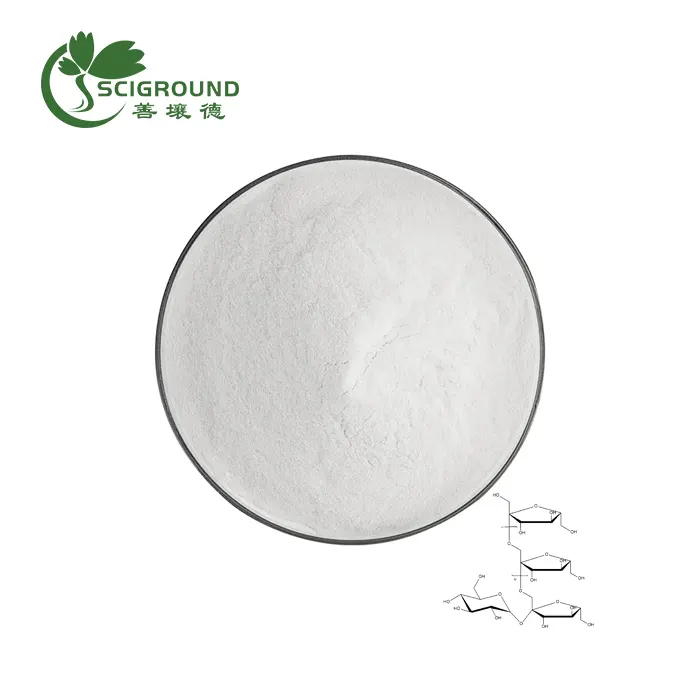Why is Vitamin B2 Important to the Body
Why is Vitamin B2 Important?
Vitamin B2, also known as riboflavin, is a water-soluble vitamin that plays a crucial role in maintaining overall health and well-being. It is a member of the B-vitamin complex, which is essential for various bodily functions. Here are several reasons why vitamin B2 is important for the body:
Energy Production:
Vitamin B2 is a key player in energy metabolism. It acts as a cofactor for enzymes involved in the conversion of
carbohydrates, fats, and proteins into energy. These metabolic processes are fundamental for the body to produce adenosine
triphosphate (ATP), the primary source of cellular energy.
Cell Growth and Development:
Riboflavin is essential for proper cell growth and development. It plays a crucial role in the synthesis of DNA, RNA, and other nucleic acids, which are the building blocks of cells. Adequate levels of vitamin B2 are particularly important during periods of rapid growth, such as pregnancy and infancy.
Antioxidant Defense:
It is involved in the antioxidant defense system of the body. It helps maintain the health of tissues by neutralizing free radicals—unstable molecules that can damage cells and contribute to aging and various diseases. By working in conjunction with other antioxidants, such as vitamin C and E, riboflavin helps protect the body from oxidative stress.

Vision Health:
Riboflavin is essential for maintaining good vision. It is a component of the coenzymes involved in the activation of vitamin B6 (pyridoxine), which is crucial for the synthesis of neurotransmitters and the proper functioning of the nervous system. Additionally, it is necessary for the health of the cornea, the outermost layer of the eye.
Skin and Mucous Membrane Health:
It plays a vital role in promoting healthy skin and mucous membranes. It contributes to the maintenance of collagen, a protein that provides structure to the skin. Riboflavin deficiency can result in skin disorders, including dermatitis and cracks at the corners of the mouth.
Red Blood Cell Formation:
Riboflavin is involved in the production of red blood cells. It works in synergy with other B-vitamins, such as vitamin B6 and vitamin B12, to support the formation and maturation of red blood cells. Adequate levels of it help prevent anemia and ensure proper oxygen delivery to tissues.
Nervous System Function:
The nervous system relies on riboflavin for optimal functioning. It contributes to the synthesis of neurotransmitters, which are chemical messengers that facilitate communication between nerve cells. A deficiency in it may lead to neurological symptoms, such as nerve damage and numbness.
Migraine Prevention:
Some studies suggest that riboflavin supplementation may help prevent migraines. While the exact mechanism is not fully understood, it is believed that vitamin B2's role in energy metabolism and mitochondrial function may play a part in reducing the frequency and severity of migraines.
In conclusion, it is essential for a wide range of physiological processes, including energy production, cell growth, antioxidant defense, vision health, and more. Maintaining an adequate intake of riboflavin through a balanced diet or supplementation is crucial for overall health and the prevention of various health conditions associated with deficiency.

What are the 4 Functions of Vitamin B2?
Vitamin B2, also known as riboflavin, performs several vital functions in the body. Then are four crucial places of this product.
Energy Metabolism
One of the primary functions of vitamin B2 is its involvement in energy metabolism. It serves as a precursor to coenzymes similar as flavin mononucleotide( FMN) and flavin adenine dinucleotide( style), which are essential for the conversion of carbohydrates, fats, and proteins into energy. These coenzymes share in colorful enzymatic responses within the mitochondria, the energy- producing organelles of cells, easing the creation of adenosine triphosphate( ATP), the currency of cellular energy.
Cell Growth and Development
It plays a pivotal part in cell growth and development. It's essential for the conflation of DNA and RNA, the inheritable material of cells. Acceptable situations of riboflavin are particularly important during ages of growth, similar as gestation and nonage, as it supports the conformation of new cells and apkins.
Antioxidant Defense
Riboflavin contributes to the body's antioxidant defense system. As a element of the coenzymes FMN and FAD, it participates in redox responses that help neutralize free revolutionaries. Free revolutionaries are reactive motes that can beget cellular damage and contribute to aging and colorful conditions. By supporting antioxidant mechanisms, riboflavin helps cover cells from oxidative stress.
Vision Health
It's essential for maintaining good vision. It's involved in the activation of vitamin B6( pyridoxine), which is pivotal for the conflation of neurotransmitters involved in vision. also, riboflavin contributes to the health of the cornea, the transparent external subcaste of the eye. scarcities in riboflavin can lead to conditions similar as photophobia( perceptivity to light) and inflammation of the eyes.
How Does Vitamin B2 Help Digestion?
Vitamin B2 plays a significant part in maintaining a healthy digestive system
1. Maintaining Mucous Membranes Vitamin B2 helps maintain the integrity of the mucous membranes lining the digestive tract, guarding them from damage and promoting optimal nutrient immersion.
2. Enhancing Enzyme product This vitamin is essential for the product of enzymes involved in the digestion of carbohydrates, fats, and proteins, icing proper breakdown and immersion of nutrients from food.
3. Supporting Liver Function Vitamin B2 supports liver health and facilitates the detoxification process, helping the liver efficiently process and exclude poisons from the body.
In conclusion, vitamin B2 plays a pivotal part in maintaining overall health. Its significance stems from its involvement in energy product, antioxidant defense, growth and development, and eye health. With its colorful functions, vitamin B2 contributes to a healthy metabolism, protects cells from damage, aids in red blood cell conformation, and supports DNA conflation and form. also, it helps maintain a healthy digestive system by supporting mucous membranes, enhancing enzyme product, and promoting proper liver function. thus, icing an acceptable input of vitamin B2 through a balanced diet or supplementation is essential for optimal health and well- being.
Reference:
Institute of Medicine (US) Standing Committee on the Scientific Evaluation of Dietary Reference Intakes and its Panel on Folate, Other B Vitamins, and Choline. (1998). Dietary Reference Intakes for Thiamin, Riboflavin, Niacin, Vitamin B6, Folate, Vitamin B12, Pantothenic Acid, Biotin, and Choline. National Academies Press (US). https://www.ncbi.nlm.nih.gov/books/NBK114310/
Powers, H. J. (2003). Riboflavin (vitamin B-2) and health. The American Journal of Clinical Nutrition, 77(6), 1352–1360. https://doi.org/10.1093/ajcn/77.6.1352
Combs, G. F. (2012). The Vitamins: Fundamental Aspects in Nutrition and Health (4th ed.). Academic Press.
Related Industry Knowledge
- What does L-theanine do to your body?
- Is Apple Extract Good for Your Hair?
- Can I take L-carnitine with creatine?
- What does Polygala tenuifolia do?
- L Theanine vs Ashwagandha
- The Benefits of Adding Pumpkin Protein Powder to Your Diet
- Unveiling the Secrets of Corn Silk Extract Powder: Benefits, Uses, and More
- What Are the Benefits and Applications of L-Lysine Powder?
- Stephania extract: Benefits, Dosage, and Purchasing Information
- Shiitake Mushroom Extract: Uncovering Its Health Benefits
